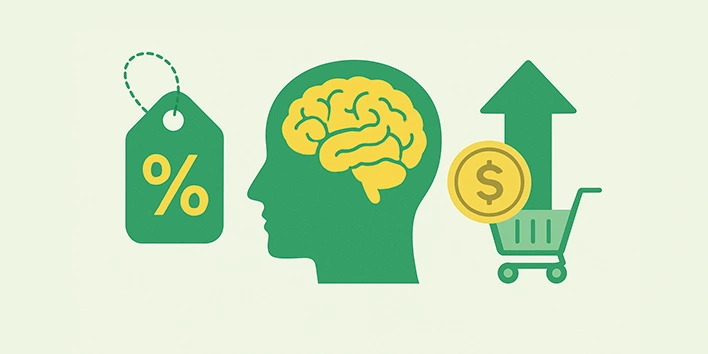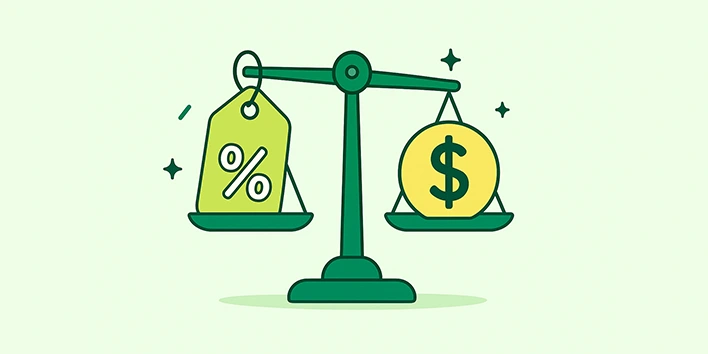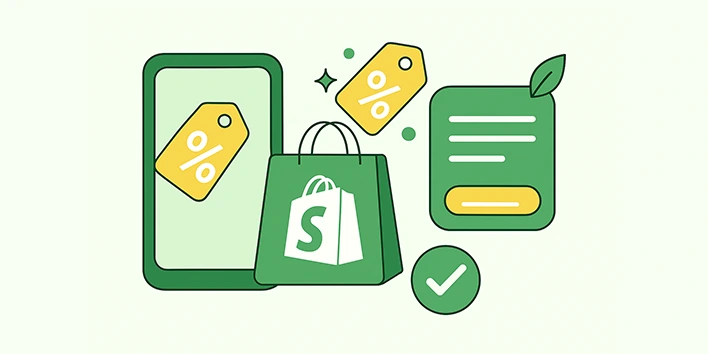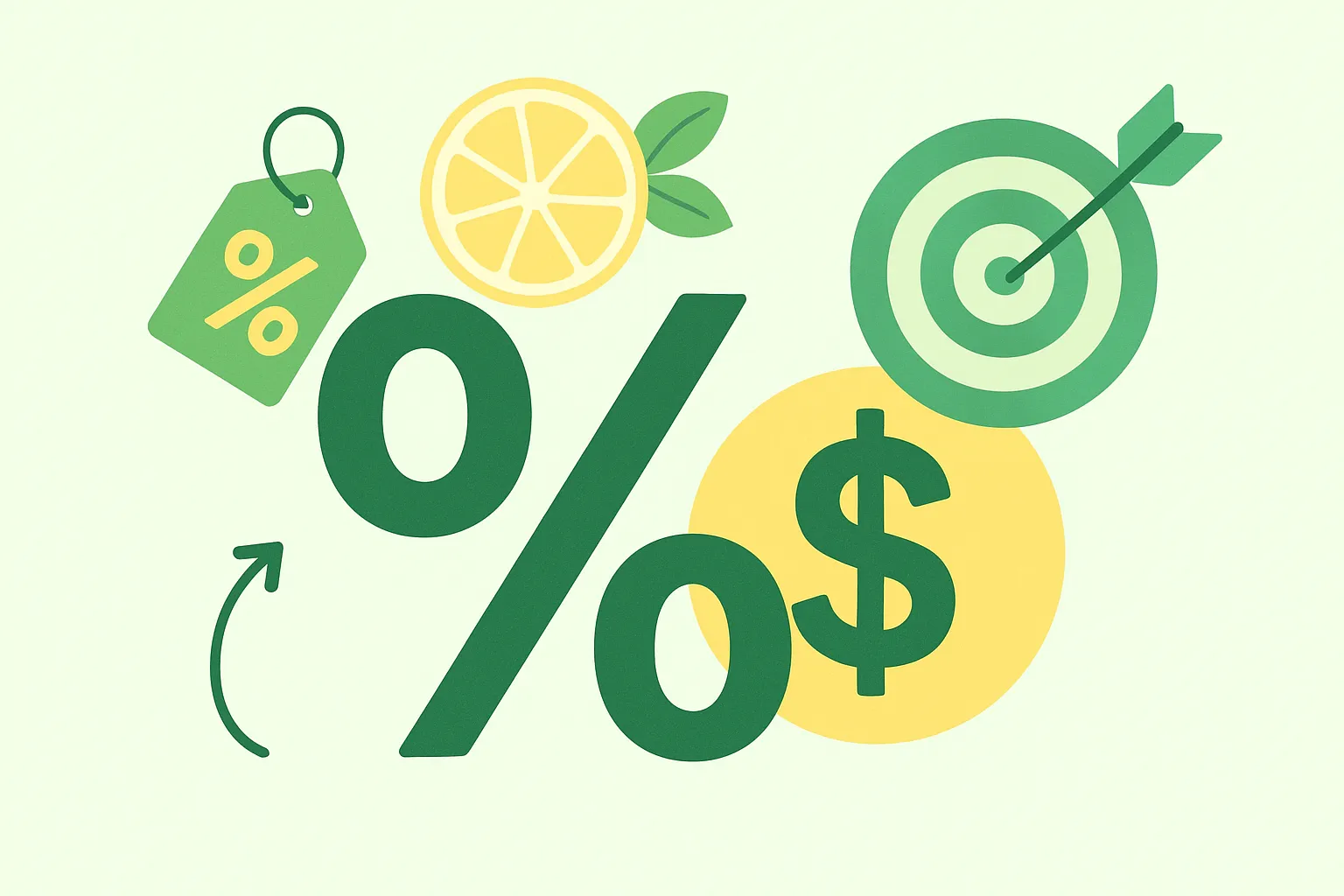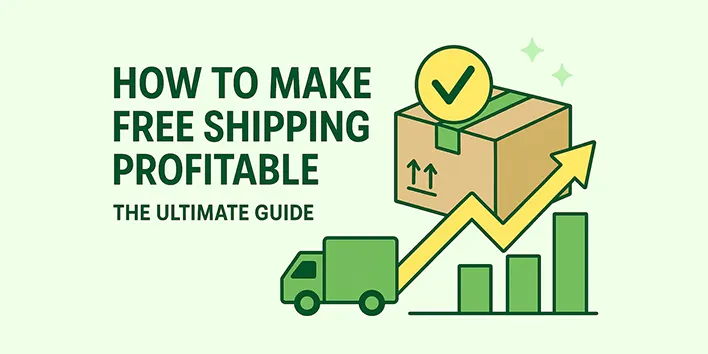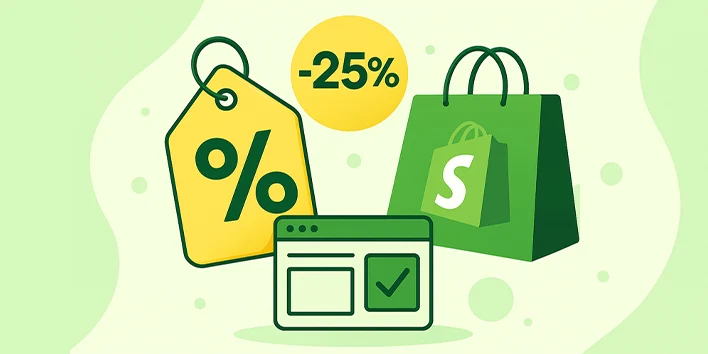Functional discounts are an important tool in today's competitive market. They allow firms to optimise price strategies and strengthen connections with intermediaries. In this article, we'll examine how functional discounts affect company operations and how they might promote growth by encouraging cooperation between producers and sellers.
In this article, we’ll cover everything you need to know about functional discounts, including their meaning, definition, and how they can be effectively used to enhance your business strategy.
What is functional discount?
A functional discount is a price reduction provided to intermediaries, similar to how tiered discounts offer varied savings based on the quantity purchased like wholesalers or retailers, for doing specific tasks in the distribution process. These functions could involve marketing, selling, or managing transportation.
Functional discount meaning is to encourage intermediaries to play roles that help move products through the supply chain, improving efficiency and increasing market reach. The following section will give examples to help you understand a functional discount.
Functional Discount Examples in Marketing and Business

Understanding the concept of functional discount in marketing and business becomes simpler when illustrated with real-world examples. Here are a few examples of typical functional discounts:
- Retail Marketing Support: Retail marketing support, such as in-store promotions, often pairs well with flash sales to create additional excitement and draw in more customers. A manufacturer provides a discount to a retailer in return for managing promotions such as advertising the product, creating in-store displays, or running special marketing campaigns. This example illustrates how functional discounts in marketing encourage retailers to put more resources into advertising. You can gain a deeper understanding of discount strategies in retail by reading this article.
- Distribution Management: A wholesaler receives a discount for handling logistics, including warehousing, inventory management, and delivering products to different retail locations. This example of a functional discount shows how companies encourage intermediaries to handle the movement of goods.
- After-sales services: A retailer or distributor might get a functional discount for offering after-sales support, such as customer service or product warranties. This enhances the customer experience and bolsters the manufacturer's presence in the market.
- Bulk Purchasing and Stocking: A distributor may receive a discount for buying products in bulk and keeping them in stock, which reduces the manufacturer's stress of holding extra inventory. This example shows how functional discounts motivate intermediaries to handle inventory well.
These functional discount examples illustrate how manufacturers motivate partners to take on essential roles in marketing and business operations, leading to a more efficient supply chain and improved product promotion. To read more about it, you can check out types of discount in marketing.
Incredible Benefits of a Functional Discount
Businesses can offer specific encouragement to get customers involved and increase sales using helpful pricing. These deals are planned to reward certain behaviours in a way that boosts trust, maximises profits, and beats rivals. Let's look at the main reasons why using a functional discount approach is a good idea:
- Strengthens Partnerships: By understanding their work in marketing, distribution, and sales support, functional discounts help producers and middle-marketers trust each other and work together.
- Increases Market Reach: Manufacturers can increase their market reach without doing extra work by allowing stores and sellers to push and spread their goods.
- Reduces the Manufacturer's Burden: Functional deals let intermediaries handle shipping, promotion, and customer service so makers can focus on making things and developing new ideas.
- Encourages Efficiency: In return for savings, intermediaries are encouraged to improve their operations by better managing their goods or delivering packages faster. This makes the supply chain more efficient overall.
- Drives Sales Growth: Rewarding middle-marketers for their marketing work makes them more likely to actively push goods, which leads to more sales and better market performance.
- Gives You a Competitive Edge: Manufacturers can stand out by offering valuable savings. This can help them get more partners and better marketing methods.
- Increases Brand Awareness: When intermediaries are urged to do marketing work, goods get more exposure through advertisements, displays, and sales, which increases brand awareness.
When and Who Should Actually Use Fantastic Functional Discounts?
Functional discounts can benefit businesses that depend on intermediaries for marketing, sales, or customer service the most. If a business wants to know what an effective discount is in marketing, it's best used to get stores to sell its goods through advertisements or displays in their stores.
Businesses that rely on intermediaries for marketing and distribution can benefit from functional discounts, similar to the use of automatic discounts in streamlining the customer purchase process.
Functional deals are useful for business people like suppliers and dealers who handle transportation and stock.
For example, a store can benefit from a useful marketing deal by getting paid for its advertising efforts. In the same way, intermediaries who handle the marketing of goods can use these deals to make more money. You can learn about the fantastic influence of discounts on businesses by reading How Discounting Affects Profitability.
Essential Factors for Implementing Functional Discounts

Businesses must evaluate several crucial elements when implementing functional discounts to ensure effectiveness and long-term success.
- Target Customers: Identify which customer segments benefit most from the discount to drive sales and loyalty.
- Discount Structure: Set clear rules for qualifying purchases, ensuring simplicity and transparency.
- Profit Margins: Ensure the discount will maintain profit by carefully calculating costs and expected returns.
- Market Competition: Assess competitors' strategies to ensure your discounts remain attractive and competitive.
- Sales Channel Integration: Make sure discounts work across all channels (online, offline, etc.) for easy customer experiences.
Proper planning and careful analysis of these factors will ensure your functional discount strategy is practical and sustainable.
What a Fantastic Friendship: Discounty.ai and Functional Discount
In today's rapid retail world, beneficial deals can make customers more loyal and increase sales immensely. Businesses can credit customers based on how much they buy with a carefully planned pricing plan that guarantees customer happiness and returns business.
Discounty.ai is the best tool to make pricing easier and more effective. Not only does Discounty.ai allow useful discounts, but it also has many advanced features that make it easy to manage and make the most of your discounts. With Discounty.ai companies can:
- Automate Discount Application: It's easy to set guidelines for discounts based on customer behavior, which simplifies the process and reduces mistakes.
- Personalise Offers: Offer deals tailored to specific groups of customers, giving them specific benefits to encourage them to interact with your business and buy from you.
- Track Performance: Use detailed data to monitor the success of each price campaign. This will help you improve your approach over time.
- Multi-Channel Compatibility: You can easily add deals to your online store, in-store tools, and other sales channels.
Discounty uses these features to ensure your helpful discount plan works and can be expanded as your business grows. This way, you can keep a strong relationship with your customers even as you grow. With Discounty.ai, getting the most out of valuable savings has always been challenging.
There are various types of discounts that can increase businesses' profitability and benefit customers. The seasonal discount is one of the most used.
In Summary
A well-implemented functional discount can increase sales and customer loyalty, much like the impact of free shipping promotions in enhancing the shopping experience. Discounty.ai's advanced features, such as automation, personalisation, and analytics, allow businesses to easily handle advantageous deals, improve performance, and drive growth across all channels.
Frequently Asked Questions About Functional Discount (FAQ)
1. What is a functional discount?
A functional discount is a price reduction offered to intermediaries, such as wholesalers or retailers, for performing specific tasks in the distribution process, such as marketing, selling, or managing transportation.
2. Who benefits from functional discounts?
Businesses that rely on intermediaries for marketing, distribution, or customer service benefit most from functional discounts. For example, manufacturers who need retailers to handle marketing or logistics can offer functional discounts to incentivize these activities.
3. What is the difference between a functional discount and an automatic discount?
A functional discount is provided to intermediaries for performing specific tasks, while an automatic discount is applied directly to customers at checkout without any action required on their part. Functional discounts are aimed at optimizing business operations, while automatic discounts simplify the purchasing process for customers.
4. How can Discounty.ai help implement functional discounts?
Discounty.ai allows businesses to automate the application of functional discounts, personalize offers, track performance, and integrate these discounts across multiple sales channels. This makes it easier to manage and optimize functional discounts, ensuring they drive growth and strengthen relationships with intermediaries.
5. When should a business use functional discounts?
Functional discounts should be used when a business relies on intermediaries to handle tasks like marketing, sales, or distribution. They are particularly effective for companies that want to encourage partners to take on critical roles in promoting and selling their products.


